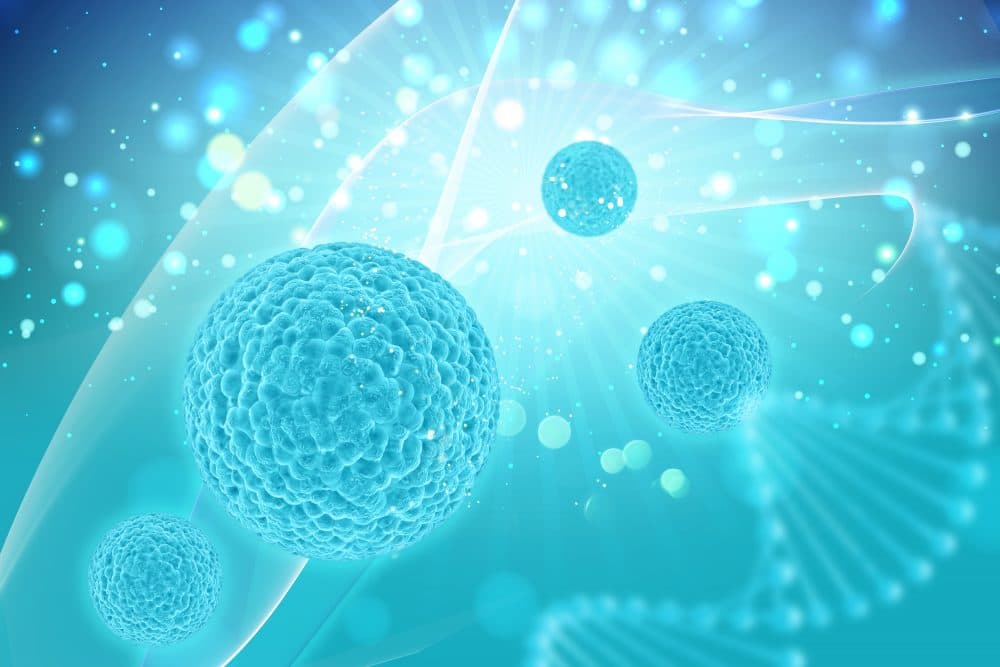
A routine prenatal ultrasound in the second trimester can identify early signs of autism spectrum disorder (ASD), a new study shows.
Researchers examined data from hundreds of prenatal ultrasound scans from the fetal anatomy survey conducted during mid-gestation.
They found anomalies in the heart, kidneys, and head in 30 per cent of fetuses who later developed ASD, a three times higher rate than was found in typically developing fetuses from the general population and twice as high as their typically developing siblings.
Anomalies were detected more often in girls than in boys and the severity of the anomalies was also linked to the subsequent severity of ASD.
The study was carried out by researchers at the Azrieli National Centre for Autism and Neurodevelopment Research, led by Ben-Gurion University of the Negev and Soroka Medical Center.
Prof. Idan Menashe, who led the research with PhD student Ohad Regev, said: “Doctors can use these signs, discernable during a routine ultrasound, to evaluate the probability of the child being born with ASD.
“Previous studies have shown that children born with congenital diseases, primarily those involving the heart and kidneys, had a higher chance of developing ASD. Our findings suggest that certain types of ASD that involve other organ anomalies, begin and can be detected in utero.”
A previous study found early diagnosis and treatment increased social ability by three times as much. Prenatal diagnosis could mean a course of treatment from birth instead of waiting until age 2 or 3 or even later.





